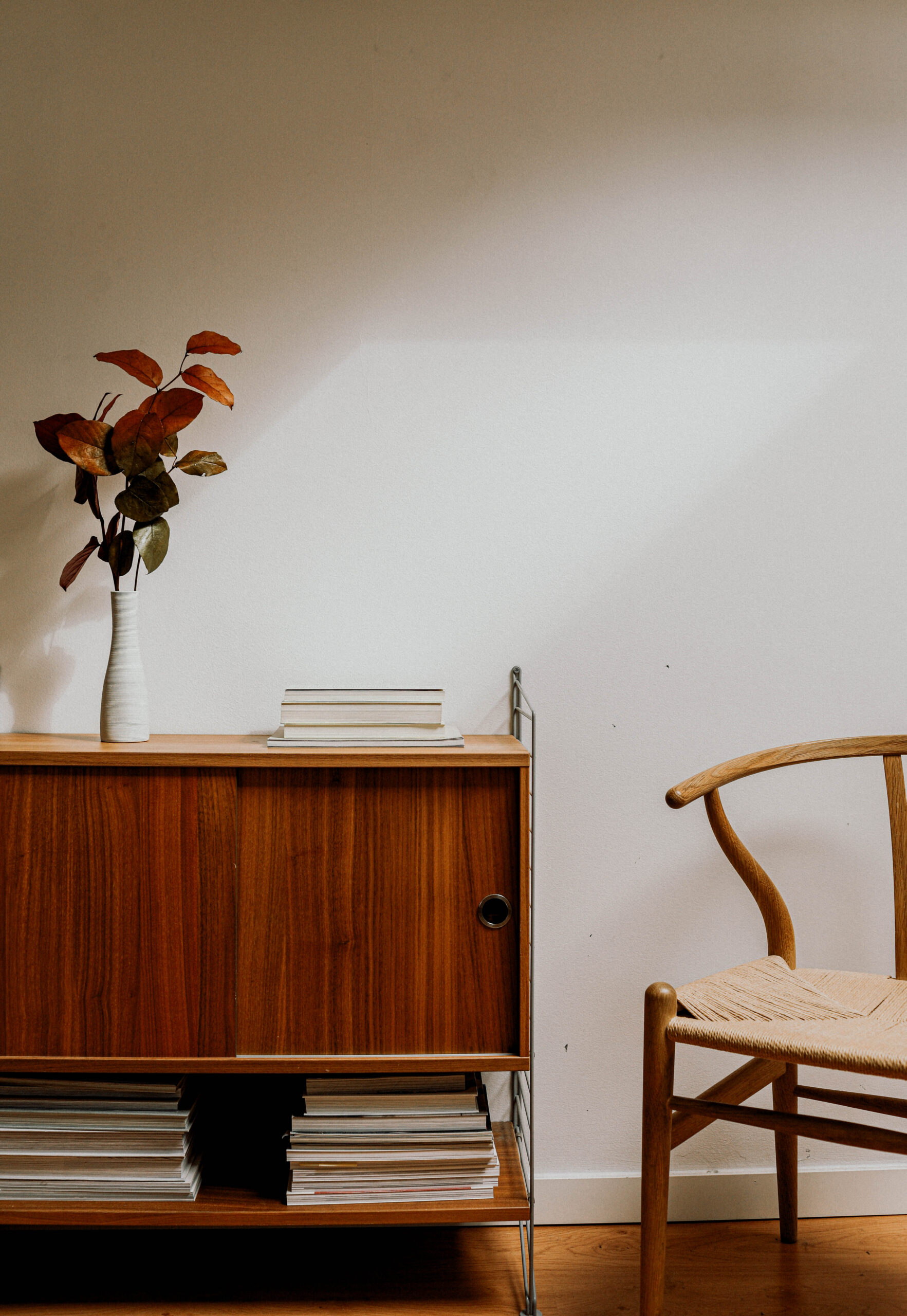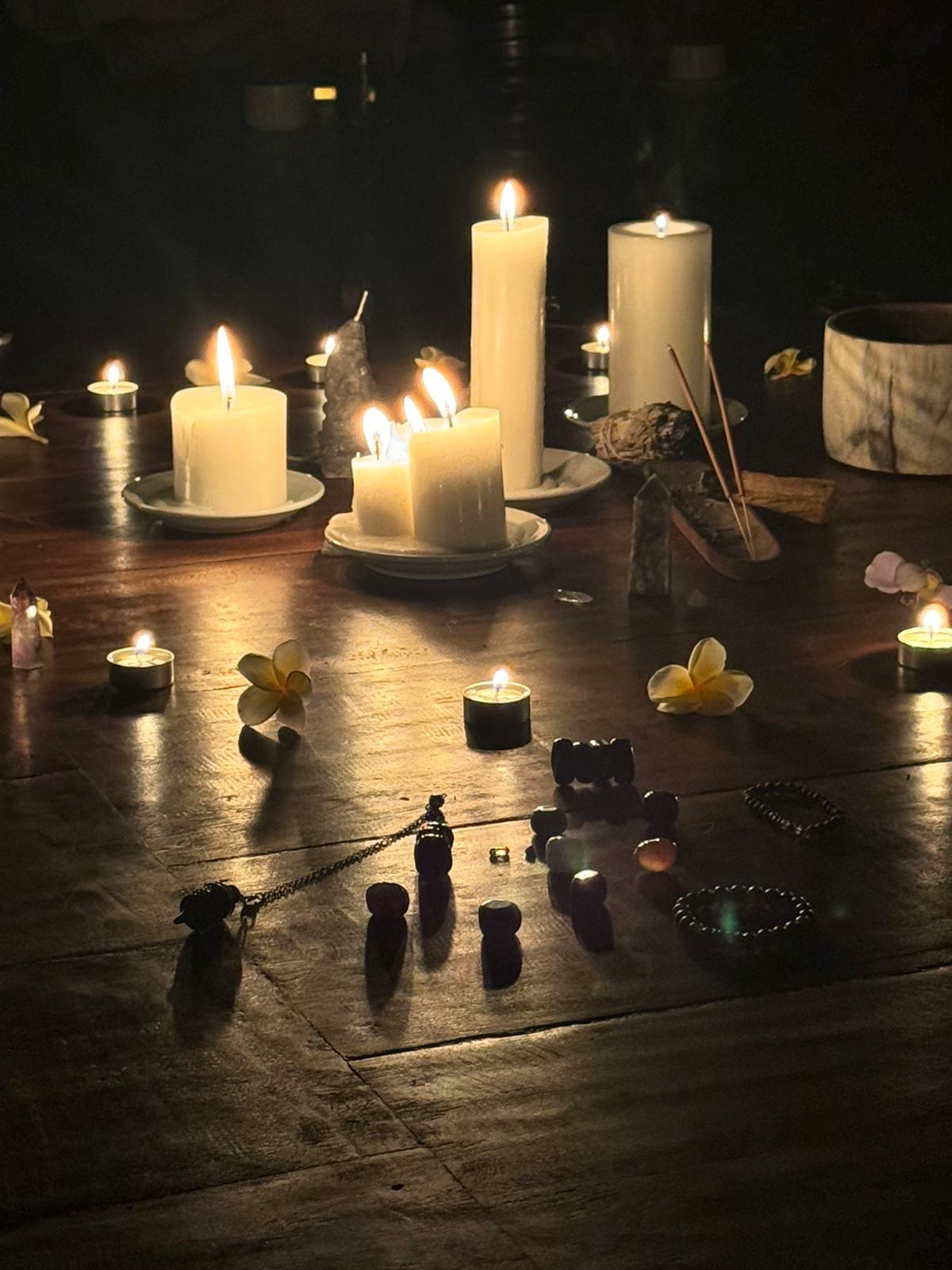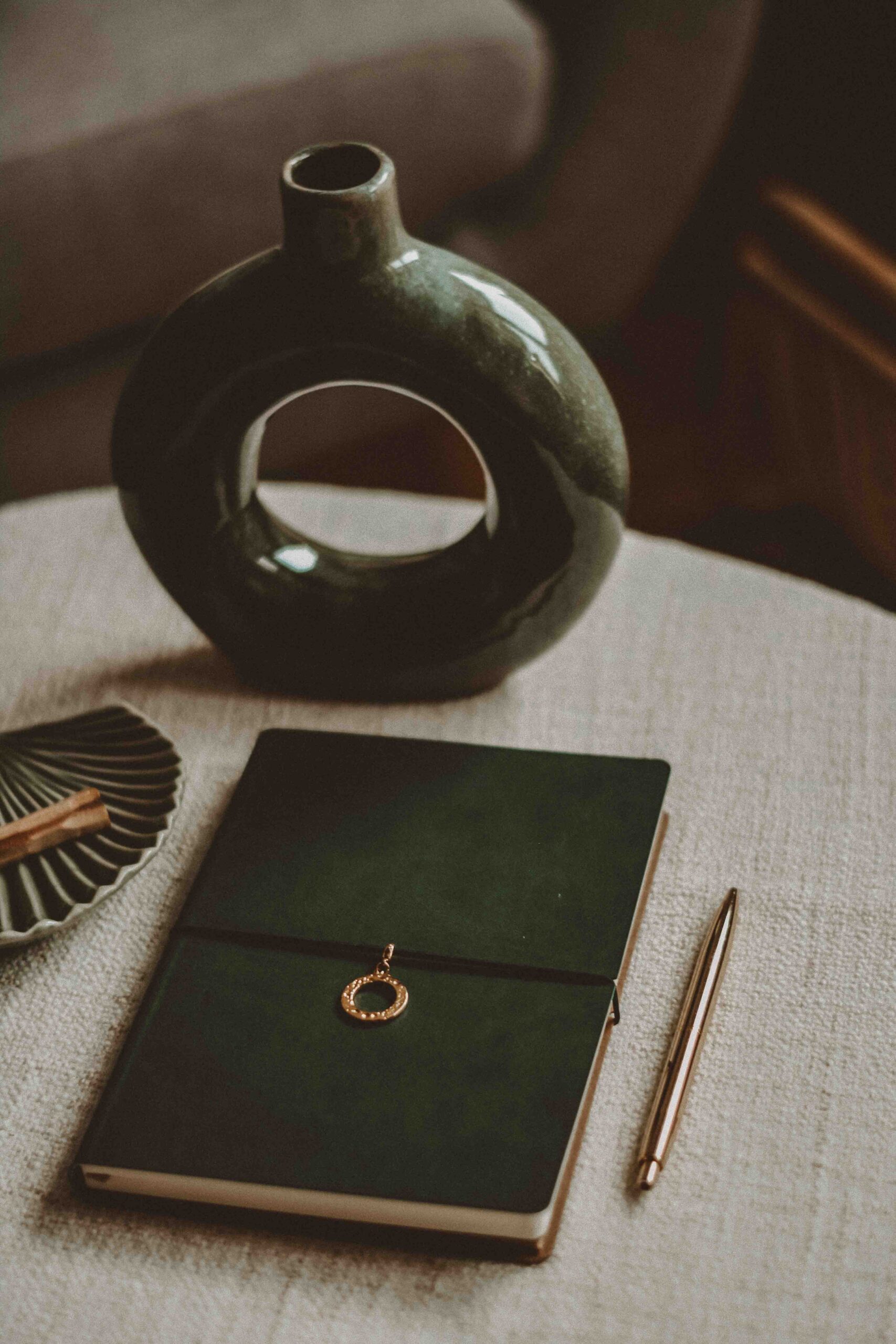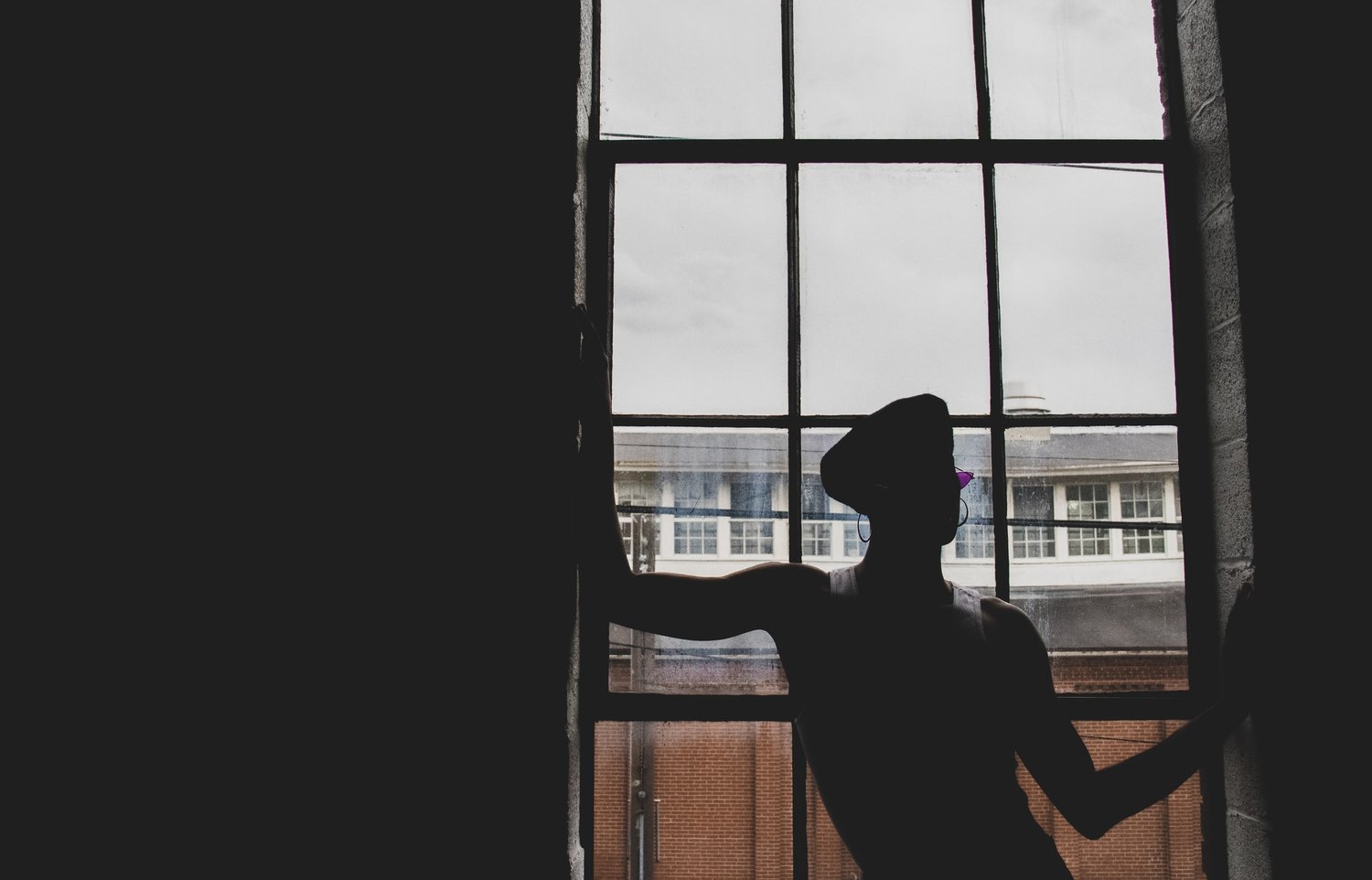When you think of a minimalist lifestyle what comes to mind? A bare apartment with only the necessities? Or a closet full of beige and white clothes?
Minimalism isn’t about getting rid of everything from your life, rather it’s about being conscious about what you choose to keep in your life.
Minimalism is a type of conscious living that prioritizes simplicity, intentionality, and functionality. It’s about cutting out the excess in our lives, whether that’s physical possessions, mental clutter, or other distractions, in order to create more space for the things that truly matter.
At its core, minimalism is about living a more intentional life.
This means being deliberate about what we allow into our lives, and making conscious choices about how we spend our time and resources. By focusing on what’s truly important and letting go of the rest, we can reduce stress, increase our sense of purpose, and create more time and energy for the things that really matter.
Overall, minimalism is a way of life that encourages us to focus on what’s truly important and to let go of the things that distract us from that.
It’s a powerful tool for creating a sense of purpose and clarity and can be applied to every area of our lives, from our possessions to our relationships to our work.
The Benefits of A Minimalist Lifestyle
There are countless benefits to living a minimalist lifestyle. A few of the most common benefits of adopting minimalism are:
Reduced stress: Minimalism can help reduce stress by simplifying your life and reducing the number of distractions and obligations that can lead to feelings of overwhelm.
More time and energy: By reducing the clutter in your life, you can free up time and energy to focus on the things that matter most to you, such as spending time with loved ones, pursuing hobbies, or pursuing your career.
Improved mental clarity: A minimalist lifestyle can help you achieve greater mental clarity by removing distractions and noise that can interfere with your ability to think clearly and make sound decisions.
More meaningful experiences: By reducing your focus on material possessions and external achievements, you can shift your attention toward experiences and relationships that bring you joy and fulfillment.
Financial freedom: Minimalism can help you save money by reducing your expenses and encouraging you to focus on the things that truly matter to you. This can help you achieve greater financial freedom and independence.
Environmental sustainability: By consuming less and living more intentionally, minimalism can help reduce your environmental footprint and promote a more sustainable way of life.
How to Start Implementing Minimalism In Your Life
Implementing minimalism in your life can be a gradual process that involves making intentional choices and gradually reducing the excess in your life. Here are some steps you can take to get started:
Define your goals: Begin by thinking about what you hope to achieve through minimalism. Are you looking to reduce stress, save money, or create more time for the things that matter most? Having a clear sense of your goals will help you stay motivated and focused as you start to make changes.
Evaluate your possessions: Take a close look at your possessions and consider which items are truly necessary and which ones are not. Begin by decluttering one area at a time, such as your closet or your kitchen. As you go through each item, ask yourself whether it’s something you use regularly, whether it brings you joy, and whether it aligns with your goals.
Simplify your schedule: In addition to simplifying your possessions, consider simplifying your schedule as well. This might mean saying no to social engagements that don’t align with your goals, reducing your screen time, or simplifying your work commitments.
Create routines: Developing simple routines can help you stay on track with your goals and reduce decision fatigue. For example, you might create a morning routine that involves meditation, exercise, and a healthy breakfast, or an evening routine that involves reading and a relaxing bath.
Embrace mindfulness: Mindfulness is an essential component of minimalism, as it helps you stay present and focused on the things that matter most. Try to be more present in your everyday activities, whether that’s cooking, spending time with loved ones, or going for a walk in nature.
Starting the 30/30 challenge
One of the best ways to start implementing all of these tips into your life on a daily basis is to do the 30/30 challenge.
The 30/30 challenge is decluttering for at least 30 minutes every day for 30 consecutive days. The idea behind this challenge is to make decluttering a consistent habit and gradually reduce unnecessary possessions in your life.
By committing to decluttering for 30 minutes every day, you can make progress towards a simpler, more minimalist lifestyle without feeling overwhelmed or burnt out.
This approach allows you to tackle small areas of your home or workspace at a time, and it can help you develop the habit of regularly reassessing what you own and letting go of what no longer serves you.
The 30/30 rule is a flexible guideline, and you can adjust it to fit your schedule and needs. You might decide to declutter for longer than 30 minutes each day, or you might choose to declutter every other day instead of every day.
The key is to make decluttering a regular part of your routine and to stick with it until you achieve your desired level of simplicity and minimalism.
Remember that minimalism is a journey, not a destination. Start small, and focus on making incremental changes over time. With practice and patience, you’ll begin to enjoy the benefits of a simpler, more intentional life.
Are you going to start the 30/30 challenge? Comment below!











